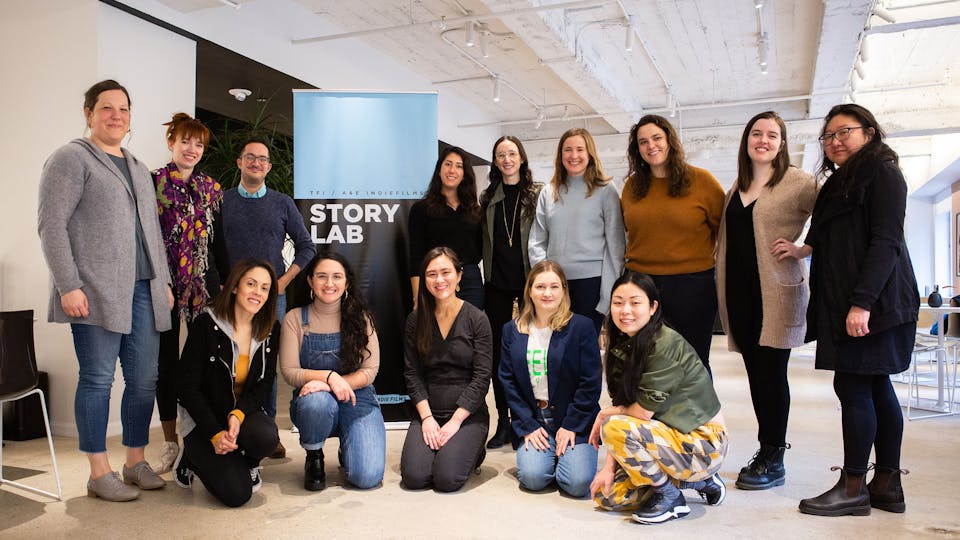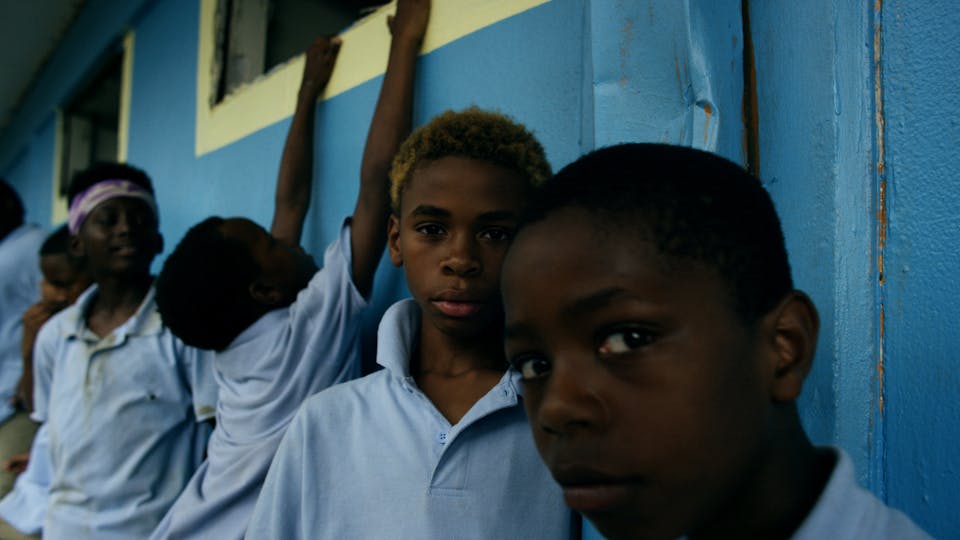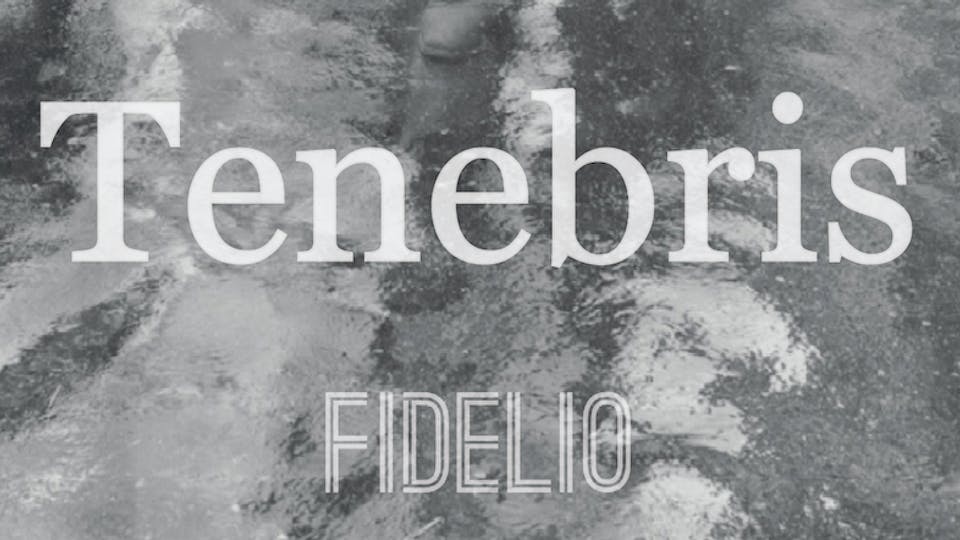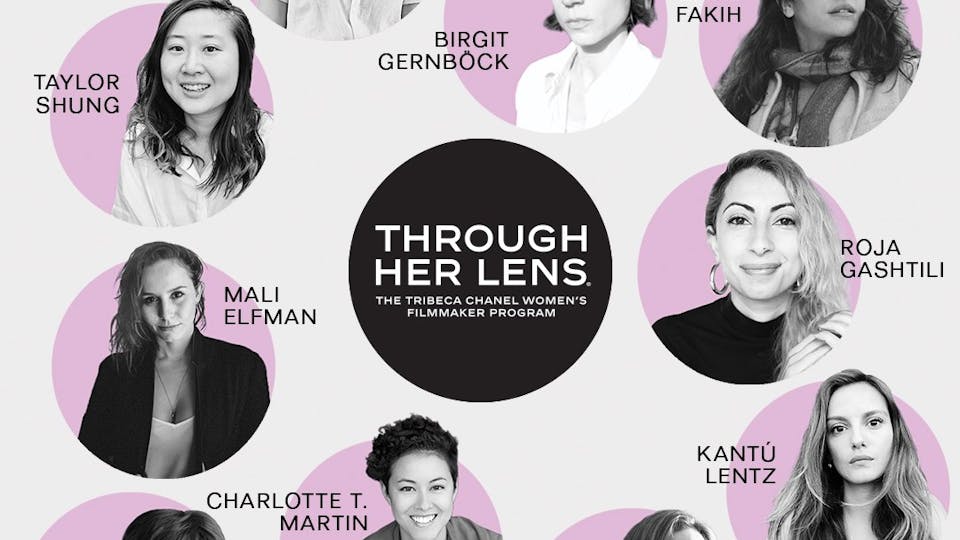TFI Abroad: The Sao Paulo Filmmaker Workshop

With August’s Santiago Filmmaker Workshop having been a solid success for the selected Chilean projects, September and October were devoted to jumpstarting preparations for the second workshop of the TFI Latin America Media Arts Fund Filmmaker Workshops series. This time around, TFI headed to “uncharted waters” of sorts: Sao Paulo Brazil, a city and country where we had yet to fully ingrain ourselves as a funding organization.
As we ironed out the specifics of what the workshop would entail, we kept in mind that we would be moving forward with plans without the assistance of a festival. Chile’s SANFIC supplied us with an effective platform to launch our inaugural lab, but unfortunately—due to conflicts in the schedule—the Sao Paulo-based workshop proceeded in a more intimate, bare-bones capacity. Going into the final stretch of preparations, our expectations for the Brazil workshop were high but still guarded. We were confident that the content and structure of the lab was in strong shape, but without the backing of a local festival or market, we wondered whether the dynamic between the filmmaking teams and the hired mentors would sync well. Access to industry and resources ordinarily helps to enliven the workflow of a lab, and under the structure that we put in place, a lot would rely on filmmakers’ and mentors’ active participation.
Fortunately for us, this streamlined implementation was a real blessing in disguise. Hiring the Brazilian mentors became a trickier feat due to our limited resources, but we were fortunate to bring onboard producer Giorgia Lo Savio (producer of GTDF-supported doc Only When I Dance) and screenwriter Lucas Paraizo, who provided distinct perspectives on how to prepare an effective pitch and cater to an intended audience.
The first day is always the hardest in terms of workload, and Saturday October 19th was no exception. Thankfully, the Brazilian filmmakers all arrived on time and were able to acquaint themselves with each other before the start of the first phase, and then the mentors eased into the workshop’s trademark “Pitch 101” presentation. Lucas was a personable presence and spoke to the filmmakers in Portuguese in order to connect better with them, while Giorgia’s to-the-point and charming attitude engaged the filmmakers in enabling them to ask more questions. The “Pitch 101” curriculum flowed so well that we ended up having some free time at the end to discuss TFI’s funding profile and the various programs we offer filmmakers. Once this section wrapped (along with a nice lunch), we transitioned to each team giving a “cold pitch” of their project in front of the mentors. This section at the Chilean workshop was quite engaging, but the participants in Sao Paulo spoke up throughout and offered comments to their fellow filmmakers that were pitching. It was really wonderful to witness this, as all we had to do was stand back and watch the filmmakers & mentors engage in the very dialogue that we aimed to foster with the workshop.

Using the same parameters that we implemented on Day 2 of the Santiago workshop, the second day of the lab in Sao Paulo brought guest speakers that have been supported by TFI on separate occasions. During breakfast on Sunday, Carolina Ziskind (writer of 2012 Latin Fund-supported documentary Elena) joined Brazilian TFI/Bloomberg Fellows Marilia Rocha and Luana Melgaco to discuss their creative approaches to storytelling. This morning conversation was such a success that we held it over for additional time, and afterward we switched gears to analyze the submitted application for Elena as a case study on how to solicit for funds. By the end of the second phase, Giorgia gave some useful insights on her distribution experience with Only When I Dance, and we went into further detail about how to prepare an effective application for a funding organization.
A great way that we built on the success of the Santiago workshop in Sao Paulo was in establishing strict “one-on-one” sessions between the mentors and the workshop filmmakers, to ably prepare each team for their pitch presentations. These “one-on-one” meetings combined not just practical knowledge that each filmmaker needed to know about the funding landscape, but also useful tools that enabled them to perfect a pitch in English and bring their narrative into a more cohesive focus.
For the final Pitch Presentations that were conducted at the end of the second & last day, we invited Mariana Oliva (documentary filmmaker and coordinator at TAL) and film journalist Camila Moraes to join mentors Lucas and Giorgia as the new panelists, and provide a fresh perspective on the projects. Each filmmaker had seven minutes to present their revamped pitch, and they were given a 1-minute warning at the six-minute mark in order for them to wrap up by the seventh minute. At the end of the two-hour presentation, all projects improved considerably in tightening the content of their pitches. What was most satisfying about their presentations was the palpable shift in each filmmaker’s pitch, as they consciously honed in on the most important beats of their story while adhering to an airtight presentation done in their second (or even third!) language. When the Sao Paulo Filmmaker Workshop wrapped and we all adjourned to a celebratory cocktail reception / dinner, it was evidently clear that the Brazilian filmmaking teams are tapping into undiscovered subject matter with vigor, and in so doing aim to make the cross-over from Brazil to the US – and beyond! – successful. We were struck by how the spirit of the country translated through the projects we worked with, from a portrait of Brazil¹s older generation of transvestite cabaret singers to a deeply personal look into the dynamics of an immigrant family. The mentors as well as invited panel experts brought a breadth of expertise to the pitch presentation, and the filmmakers were also able to hear from the perspective of TFI staff, who reiterated the need for their unique narratives to be competitive on an international level. In short, the Filmmaker Workshop in Sao Paulo was a resounding step forward in the LatAm lab series. Despite us working with limited resources, we succeeded in implementing a simple but substantive workshop that placed story focus at the heart of each project, and enabled filmmakers to find their voice.
Congrats to the five Brazilian projects, and obigrado to Bloomberg for the constant support!
[Photos by Edson Kumasaka & Jose Rodriguez]






